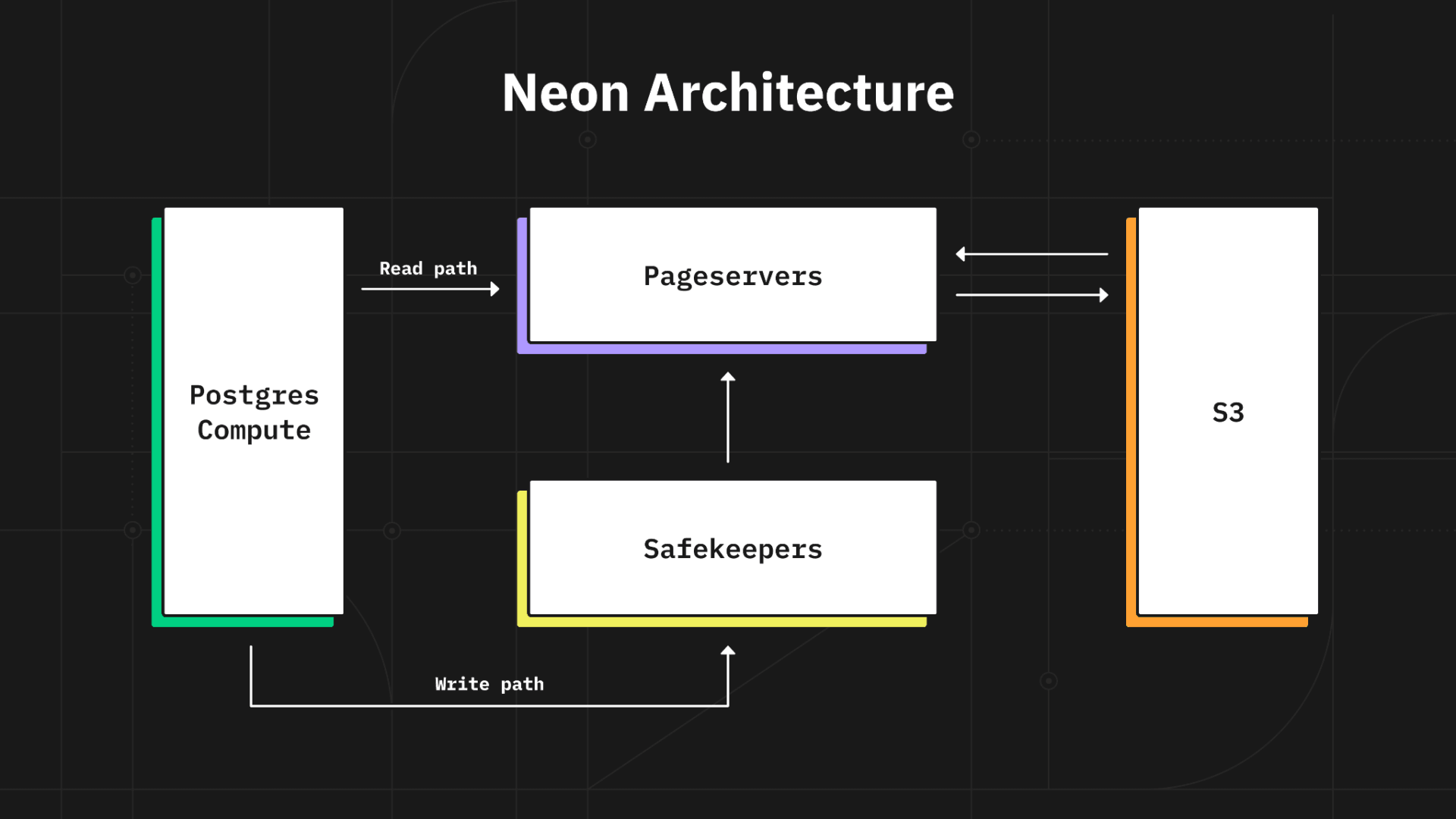Neon, a startup providing developers with a serverless option for Postgres databases, today announced that it raised $30 million in a Series A-1 round led by GGV with participation from Khosla Ventures, General Catalyst, Founders Fund and angel investors. In an email interview with TechCrunch, CEO Nikita Shamgunov, who described the tranche as “oversubscribed,” said it would be put toward growing Neon’s engineering team, bootstrapping its go-to-market team and building developer relations with new partnerships and integrations.
Postgres, also known as PostgreSQL, is an open source database management system launched in 1996 as the successor to a database developed at UC Berkeley called Ingres. Postgres has grown in popularity over the years, with a survey from Timescale finding that over half of developers report using Postgres more in 2021 than they did in 2020. Many developers opt for a fully managed platform. But according to Shamgunov, they’re often compromising, because the bulk of the available serverless Postgres database platforms — platforms that abstract away server management — are lacking in key capabilities.
“I noticed just how much Postgres is out there in the world, and my initial idea for Neon was to build an open source alternative to [Amazon] Aurora and provide developers with the best way to run Postgres in the cloud,” Shamgunov said. “As we started to build, we discovered how important serverless is, and now we emphasize the serverless Postgres when talking about Neon.”
Shamgunov, a former software engineer at Microsoft and Meta, founded SingleStore before incubating Neon at Khosla Ventures with Heikki Linnakangas and Stas Kelvich in 2021. Kelvich studied physics before joining embattled tech giant Yandex as a software engineer on the database team.
Neon provides a cloud serverless Postgres service, including a free tier, with compute and storage that scale dynamically. Compute activates on incoming connections and shuts down during periods of inactivity, while on the storage side, “cold” data (i.e., data that’s rarely accessed) can be offloaded to third-party services such as Amazon S3 for cost savings.

Neon implements what Shamgunov calls a “copy-on-write” technique to deliver checkpointing, branching and “point-in-time” restore. Using this, developers can create branches of databases for test environments every time new code is deployed, he said.
“Most cloud database platforms charge based on availability. But you only have about five hours a day of developers working on the codebase and about 22 business days in a month, so you only use the compute capabilities about 15% of the time when the database actually needs to run,” Shamgunov continued. “With Neon, the entire system is designed with costs in mind. It integrates a cloud object store to push cold data to the cheapest storage medium and automatically scales down to zero on inactivity.”
Shamgunov sees Neon’s main competitors as database vendors that separate storage and compute but aren’t open source, like Aurora and Google Cloud’s AlloyDB, and those that don’t separate storage and compute (e.g., Supabase, PlanetScale, CockroachDB, Zombodb, Heroku Postgres and Yugabyte). He argues that the latter are disadvantaged because it’s technically challenging for them to implement features like branching and recovery from historical points in time. As for the former, Shamgunov notes that some customers are wary of the vendor lock-in and dependency that can come with closed-source products.
Findings on that last point are mixed. In a 2020 poll by 451 Research, only 10% of enterprises adopting infrastructure-as-a-service or platform-as-a-service public cloud products said that they were “very concerned” about vendor lock-in. On the other hand, it’s true that companies express a preference for diversification where it concerns the cloud — whether for pricing or robustness reasons. Research by Bain & Company, published in late 2020, found that the majority (65%) of CIOs at large organizations intend to use multiple cloud vendors.
“Tasks such as integrating storage, backups and archiving into one system, would be hard to do without Neon. Add to that open source and cloud, and we are noticing initial users seeing cost savings as they scale,” Shamgunov said. “[Neon’s] multicloud and serverless storage, branching capabilities and ‘quickstart’ services make it stand out.”
Neon is pre-revenue, but Shamgunov claims that the startup’s service, which launched in beta on June 16, already has 700 registered users and over 5,000 on the waitlist. The plan this year is to invest in building out the free tier before shifting focus to monetization in 2023.
“As users exceed the limits of the free tier, there is a natural path to monetize the platform … We keep our burn to have at least 28 to 30 months of runaway. So far, we have been very frugal and have multiple years of runaway,” Shamgunov said. “Building our developer relations team is one of the most important initiatives right after the raise. Every developer needs a database, and in many cases, they have already made their choice — Postgres.”
Neon has 30 employees currently and expects to be “in the 40s” by the end of the year, Shamgunov added. To date, the company has raised $55 million.































Comment